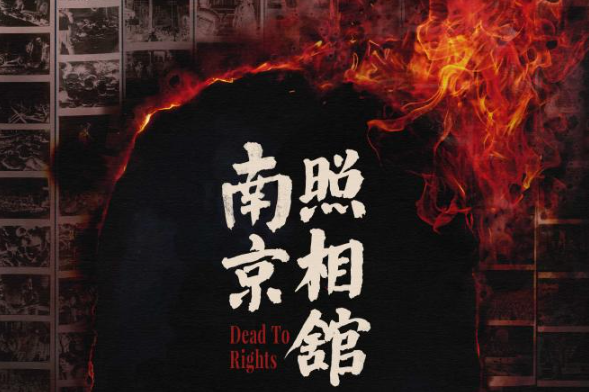US officials upbeat on trade


American states continue to value trade relations with China, despite ongoing tensions on the international level. And they hope tensions will get resolved through negotiations.
"I'm very optimistic" on the China-US trade relationship, said Cyrus Habib, lieutenant governor of Washington, in an interview with China Daily as he was attending the fifth China-US Governors Forum in Lexington, Kentucky, last week.
China is the state of Washington's top trading partner, with more than 20 percent of the state's exports going to China, and around 30 percent of its imports coming in from China in 2018, both the largest among all nations, according to the US Census Bureau.
"It's truly something that touches every part of our state," said Habib. "And that went from the information communication technology sector and manufacturing sector all the way to the agricultural industry and tourism."
One of the most valuable companies in Washington, and the US, Microsoft, has a long and deep relationship with China that has led to both business benefits and collaborative innovations — like the launch of Global Innovation Exchange project in 2017 brought together by Microsoft, China's Tsinghua University and the University of Washington, he explained.
Habib said relations with China have also benefited another significant company in Washington — Boeing.
"There's no question that China's the most significant destination for aerospace," said Habib, as China "has the biggest middle-class world and it's growing; along with that comes a tremendous increase in the demand for both passenger travel, but also for freight mobility."
Habib also applauded China's interest in Washington's agricultural products like apples, cherries and French fries, all among the state's top exports, and specifically mentioned the tourists and students from China, who he acknowledged as an important form of export that "many people don't realize."
With the current trade disputes between China and the US, however, Habib is seeing some frustration in his state.
"I'm, of course, frustrated at the effects of some of the Chinese-imposed tariffs on our exporters — that's a huge problem first for our growers, and companies in our aerospace supply chain, and definitely our fish and seafood — they've been affected by Chinese tariffs," said Habib.
With the Trump administration gradually imposing 25 percent tariffs on $250 billion worth of Chinese imports over the past year, China has already retaliated with tariffs on $110 billion worth of US products, and has planned a tariff hike on $60 billion worth of US goods on June 1.
"Because of the tariff discussion going on in Washington DC, a lot of the farm community is being hurt," said Bob Holden, former Missouri governor who co-founded the United States Heartland China Association.
"I think the manufacturing [industry] feels the same thing is occurring," he added.
Holden is positive about the future of the relationship. "Honestly, both countries need each other," he said.
"We need to be able to sell products in China. The Chinese population is wanting the goods that we can produce here. China also gives us a workforce in some of our industries that makes them competitive globally," said Holden, who opened Missouri's first trade office in China during his term from 2001 to 2005.
"I think there're advantages and opportunities on both sides if we can get people to sit down and really look at how do we put these pieces together," Holden said.
He listed infrastructure, energy, education and business-to-business relationships as potential areas of cooperation between China and the US, and he suggested such cooperation could start from subnational bilateral exchanges.
"It's so important to be working at the state and local level. Because in that fashion, by building these relationships now, hopefully we get a more stable relationship nationally going forward," said Holden.
"We can build off of what we've been doing at the grassroots level," he added.
Habib, who led a state delegation to China in 2017 for a weeklong trade mission targeting clean energy, said he identified plenty of issues that China and the US could and need to work together on, including climate change, poverty alleviation and education.
He suggested both sides move forward with a new and more solid understanding on trade to collaborate on these other global challenges.
In the 40 years of diplomatic relationship between China and the US, "though sometimes different issues have come up, generally we've always been getting closer to one another through mutual understanding, through exactly these kinds of exchanges", said Habib.
"My hope and my encouragement have been that Beijing and Washington work together every day until this [trade dispute] is resolved because it's affecting us and I'm sure it's affecting the Chinese," he said.
































